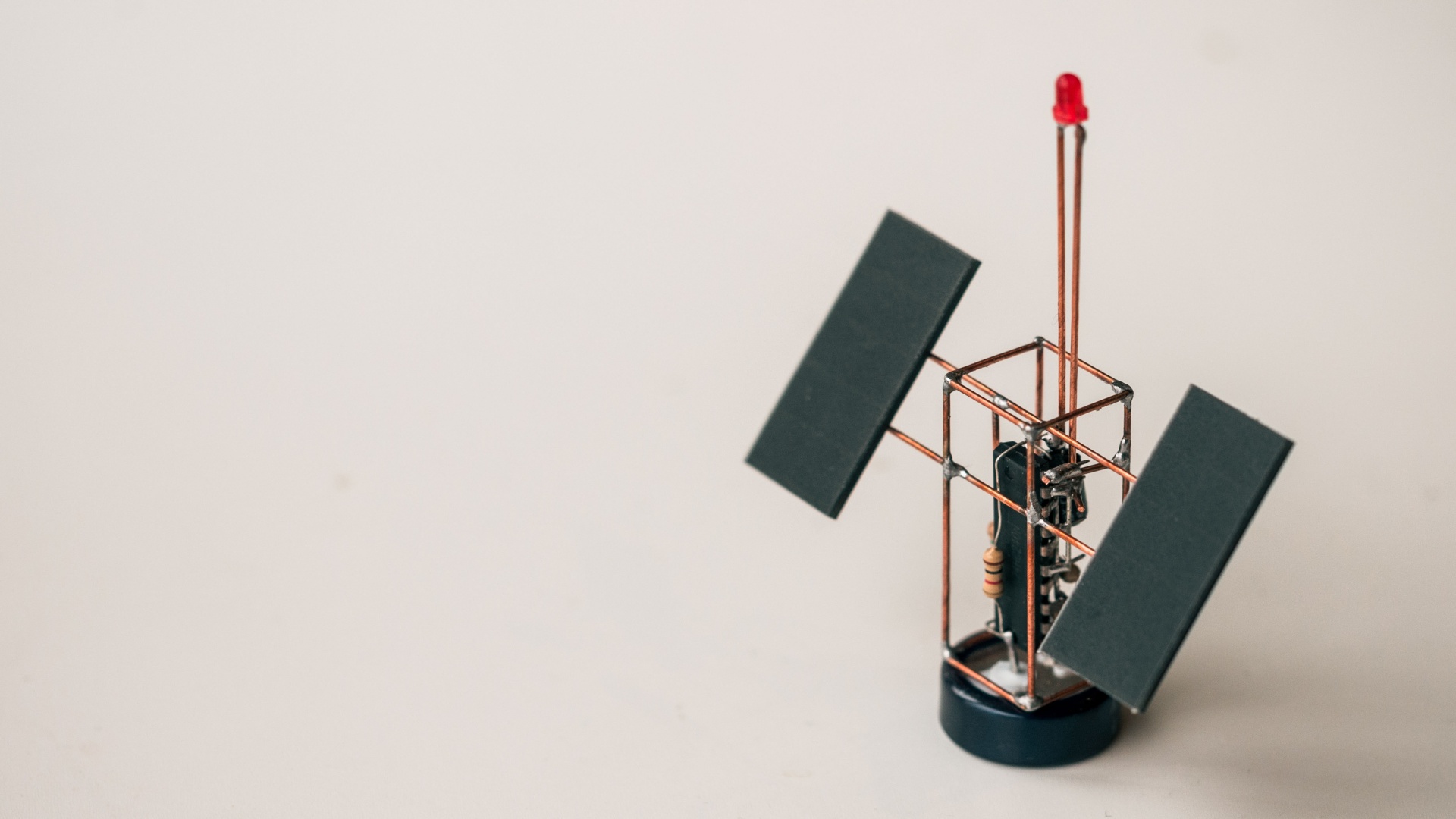In recent months, mankind has been sending more things into space.
There are a myriad reasons why, but for analytics and data science firm FICO, the increased use of low Earth orbiting (LEO)satellites, such as the ones employed for the Starlink network or AWS Ground Control could hold several advantages for the digital transformation of the banking sector in developing countries – namely those in Africa.
Anat Hoida, FICO MD for Focused Industries in the EMEA region, is of the belief that LEOs hold several advantages, provided those in government and the private sector can collaborate to make it happen.
One such area is the cost of internet access, with it being more expensive on the African continent than any other region in the world, which is something the Elon Musk-backed Starklink can hopefully address, among other objectives of course.
“If the hype is to be believed, we’re rapidly moving into the next era of global digital transformation offering even cheaper, more accessible internet for all, and this connectivity breakthrough could mean greater global access to banking, e-commerce, and mobile-based services for millions who today simply have no internet access,” explains Hoida.
“Right now, start-up fees and a monthly subscription are already being offered. But as more adopters sign up, it’s being suggested that services may be rolled out free of charge to educational establishments, hospitals, and isolated regions. Services could be the catalyst to bring the internet to everyone. It certainly seems perfectly feasible that it can deliver high-speed internet to previously inaccessible places,” she enthuses.
We share her optimism, with the pandemic highlighting the ever-widening chasm of the digital divide, specifically when it comes to the access to services, which are increasingly heading online first and in-person later.
“It’s a given that online access is now a mandatory requirement to help drive the developing world. But in the most practical terms, high-speed internet can bring life-saving medical insight and remote care to some of the world’s most inaccessible spots, along with communication, education, and improved access to a world of opportunities,” she adds.
“The only limitations are expected to hinge on the relative density of users in urban areas. Whether governments and regulators can keep up with the pace of satellite internet development remains to be seen. But what it does do is offer even greater commercial reach for a slew of suitably placed strategic partners with critical expertise in predictive analytics, AI, machine learning, automation, and cloud-hosted technology, many of which are already serving Tier 1 clients from the world of banking, healthcare, utilities, commerce, and telco,” she posits.
On this front, FICO highlights the work that it is doing, along with other firms like it, by providing access to analytics platforms and assisting in leveraging new technologies like 5G. With South Africa’s own 5G spectrum mired in an exhaustive auction process, perhaps low Earth orbiting satellites offer an alternative for those sectors that cannot afford to wait.
For Hoida and FICO, the primary objective is providing, “access and services to the unconnected, unbanked, and those who have never had access to any online services.”
“Because fundamentally, it’s all about putting the customer at the centre of everything — irrespective of the sector or location — to ensure their online journey is optimised to maximise growth, retention, and service,” she concludes.
[Image – Photo by Harrison Broadbent on Unsplash]

